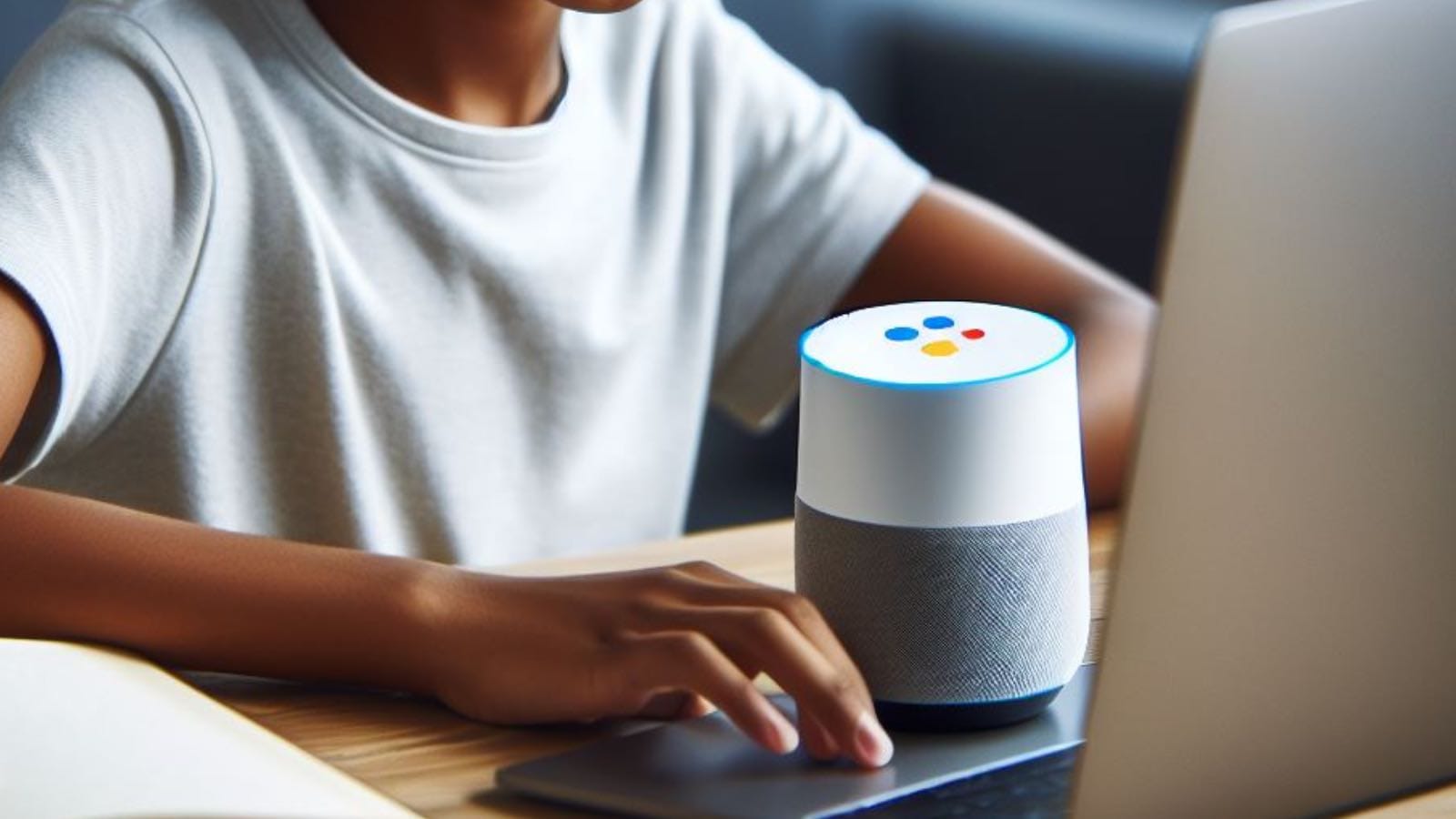Google to phase out underutilized features in Google Assistant
According to Google, these adjustments will prioritize core features that are most frequently used and invest in their underlying technology to provide a more consistent and intuitive experience across devices.

Google Assistant, the voice-activated AI platform, is undergoing a series of changes aimed at streamlining and enhancing the user experience. According to Google, these adjustments will prioritize core features that are most frequently used and invest in their underlying technology to provide a more consistent and intuitive experience across devices.
In line with this focus, Google will be phasing out certain underutilized features to ensure that resources are allocated effectively. A list of these features, along with alternative suggestions:
- Playing and controlling audiobooks on Google Play Books with your voice. You can still cast audiobooks from your mobile device.
- Setting or using media alarms, music alarms, or radio alarms on Google Assistant enabled devices. You can create a custom Routine that has similar behavior or use a standard alarm.
- Accessing or managing your cookbook, transfering recipes from device to device, playing an instructional recipe video, or showing step-by-step recipes. You can use Google Assistant to search for recipes across the web and YouTube.
- Managing a stopwatch on Smart Displays and Speakers. You can still set timers and alarms.
- Using your voice to call a device or broadcast a message to your Google Family Group. You can still broadcast to devices in your home.
- Using your voice to send an email, video or audio message. You can still make calls and send text messages.
- Rescheduling an event in Google Calendar with your voice. You can still schedule a new event.
- Using App Launcher in Google Assistant driving mode on Google Maps to read and send messages, make calls, and control media. You can still use voice control on Google Maps the same way.
- Asking to schedule or hear previously scheduled Family Bell announcements. You can create a custom Routine that has similar behavior.
- Asking to meditate with Calm. You can still ask for meditation options with media providers such as YouTube.
- Voice control for activities will no longer be available on Fitbit Sense and Versa 3 devices. You'll need to use the buttons on your device to start, stop, pause, and resume activities. You can still voice control activities on Pixel Watches.
- Viewing your sleep summaries will only be available on Google Smart Displays. You can still ask for sleep details by voice on third-party smart clocks.
- Calls made from speakers and Smart Displays will not show up with a caller ID unless you’re using Duo.
- Viewing the ambient “Commute to Work” time estimates on Smart Displays. You can still ask for commute times and get directions by voice.
- Checking personal travel itineraries by voice. You can still ask for flight status.
- Asking for information about your contacts. You can still make calls to your contacts.
- Asking to take certain actions by voice, such as send a payment, make a reservation, or post to social media. You can still ask Assistant to open your installed apps.
From January 26, users may receive notifications informing them of the upcoming retirement of these features.
To provide a more user-centric experience within the Google app, the microphone icon will now exclusively trigger Search results. This aligns with the microphone's primary purpose and aligns with how most users interact with the search functionality.
The microphone icon in the Search bar will no longer be used to initiate Assistant actions like turning on lights or sending messages. Instead, Assistant can be activated through its usual methods: saying "Hey Google" on Android devices, long-pressing the home or power button (on select phones), or tapping the Assistant icon on the Google Assistant app on iOS.
To ensure users have access to the latest and most optimized version of Google Assistant, the Google app will prompt users running v12 or older versions to upgrade. This will ensure that users benefit from the latest features and performance enhancements.
Google emphasizes that these changes are driven by user feedback and the company remains committed to continuous improvement. Users can share their feedback directly through Google Assistant by saying "Hey Google, send feedback."
Google yesterday confirmed it just laid off around a thousand employees, hitting mainly Devices & Services teams responsible for Pixel, Nest, and Fitbit hardware.
Google Assistant is a virtual assistant developed by Google that is available on a variety of devices, including smartphones, smart speakers, smart displays, headphones, cars, and smart home devices. It can be activated by saying the phrase "Hey Google" or "OK Google".
Google Assistant was first announced in May 2016, and it was initially available on the Google Pixel smartphone. It was later released for other Android devices in February 2017, and for iOS devices in May 2017.

